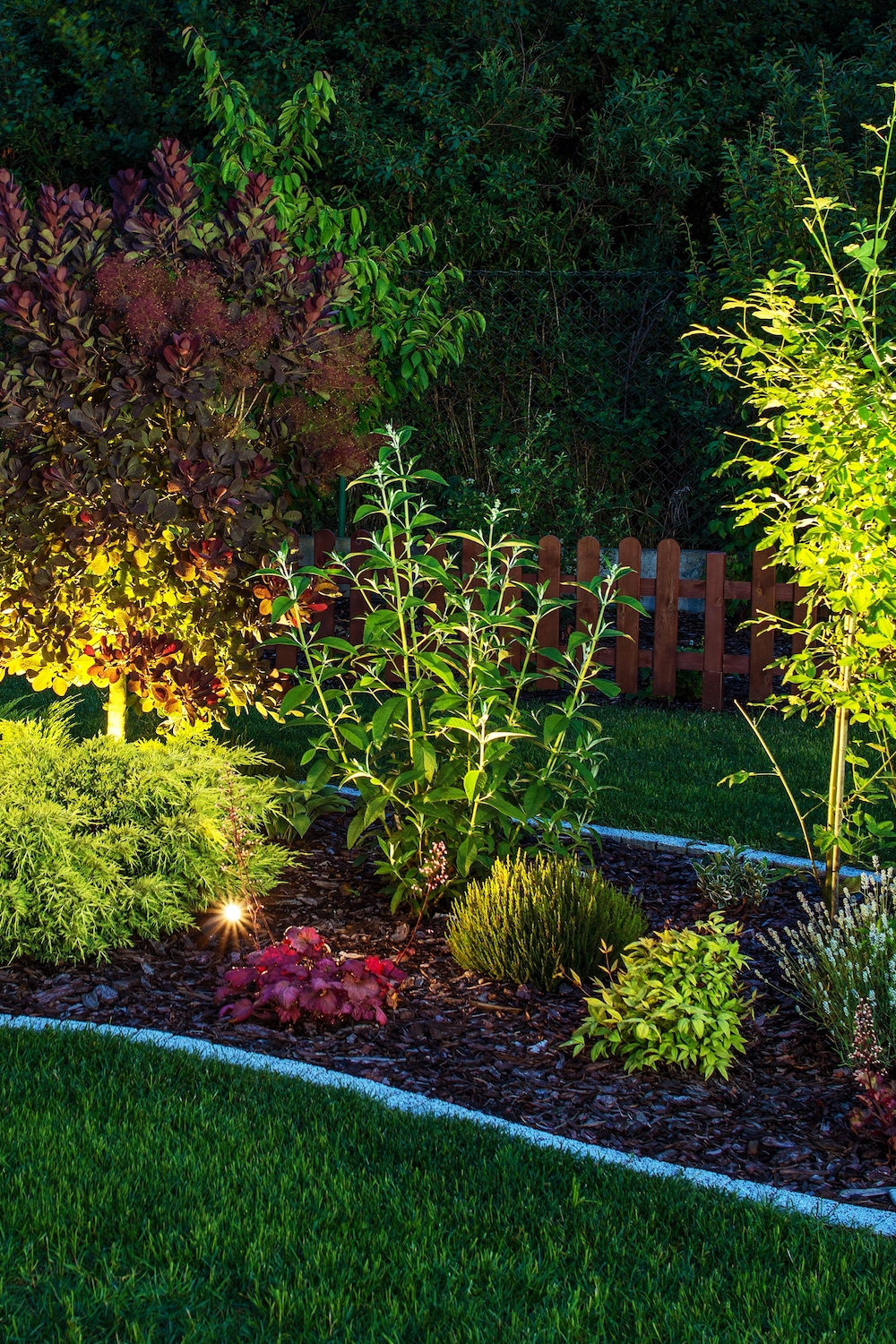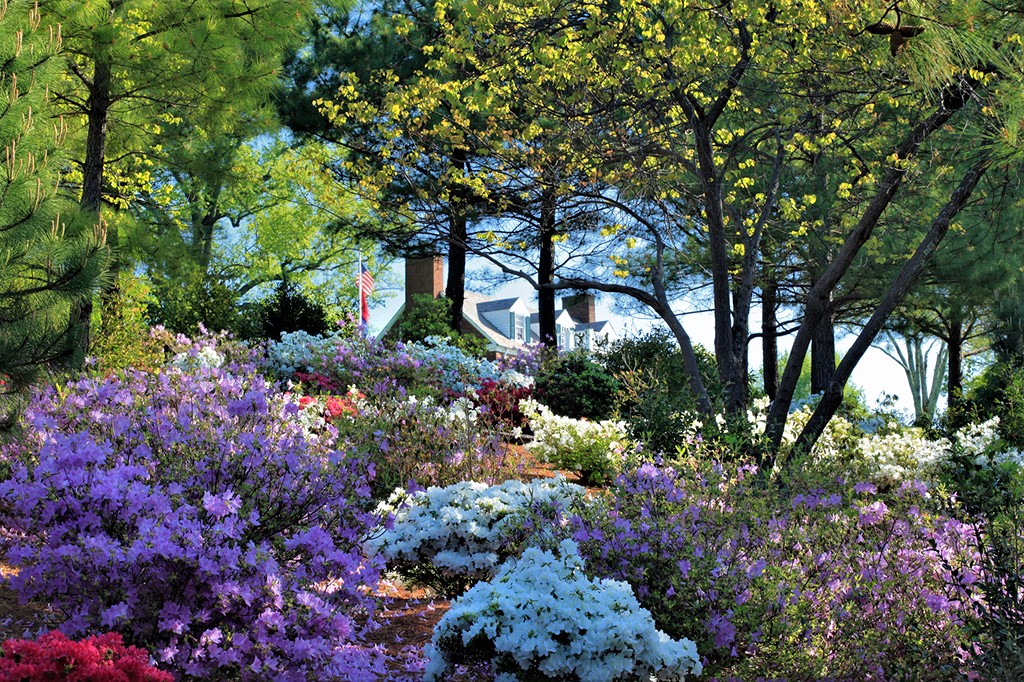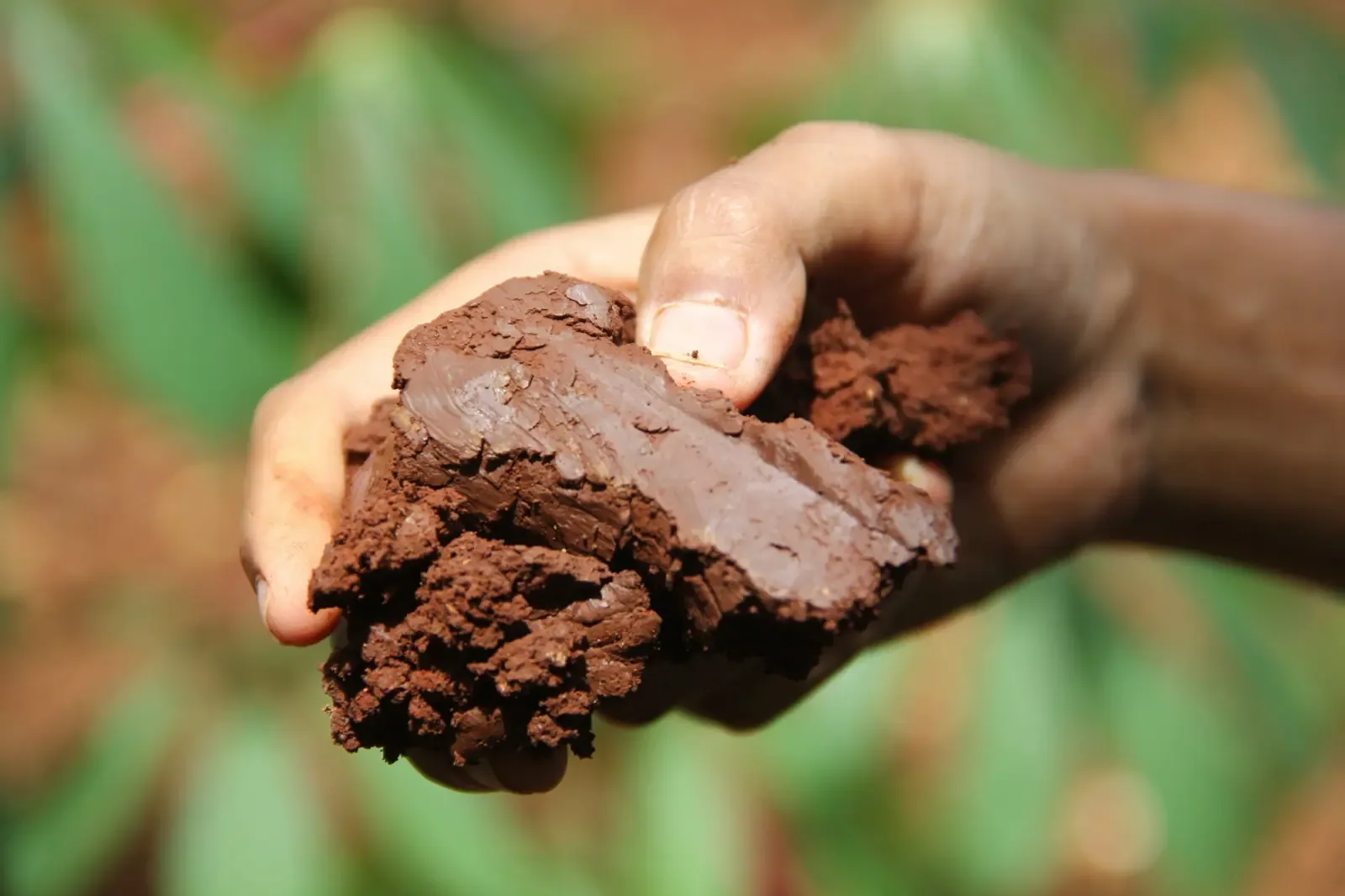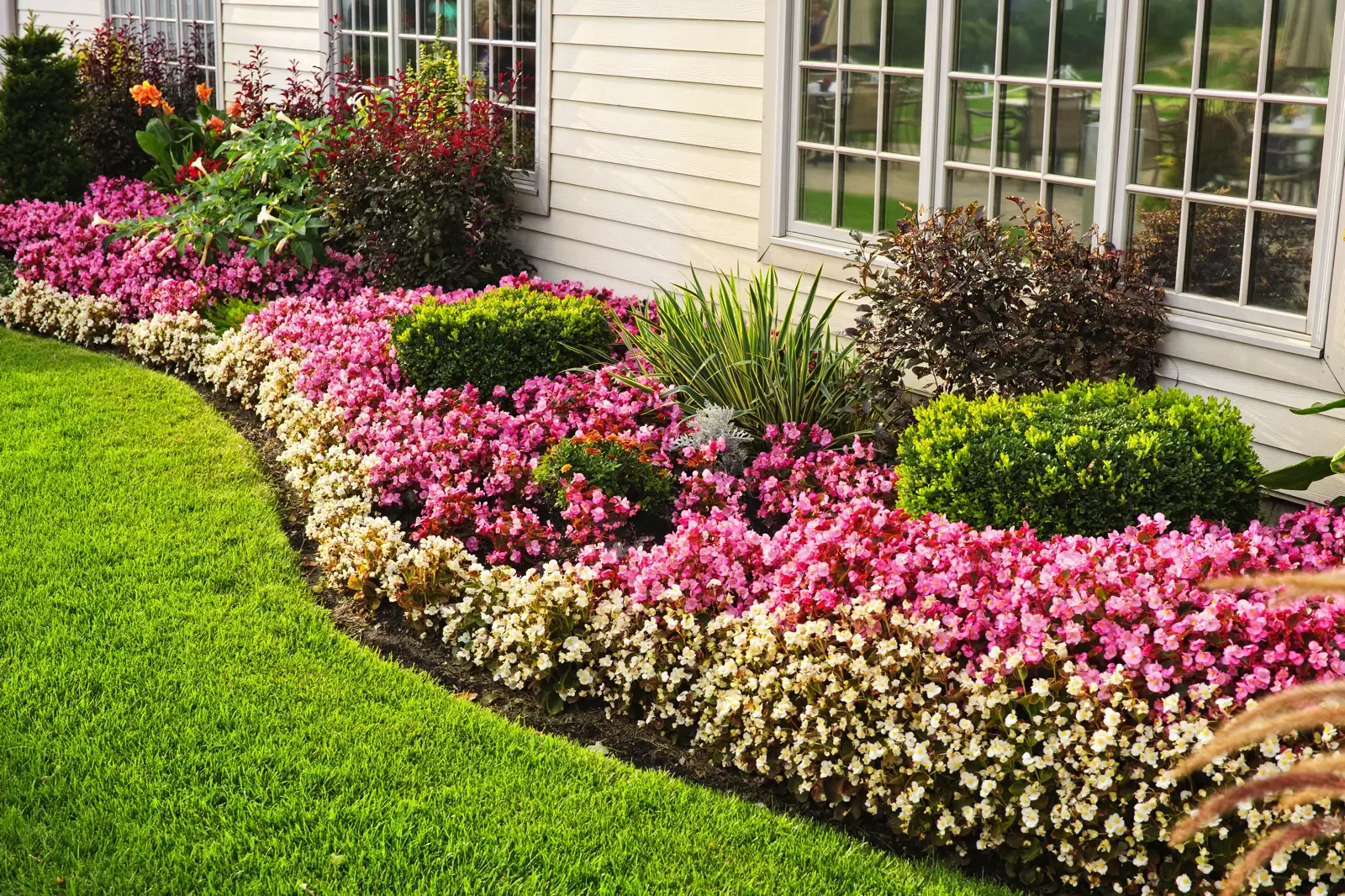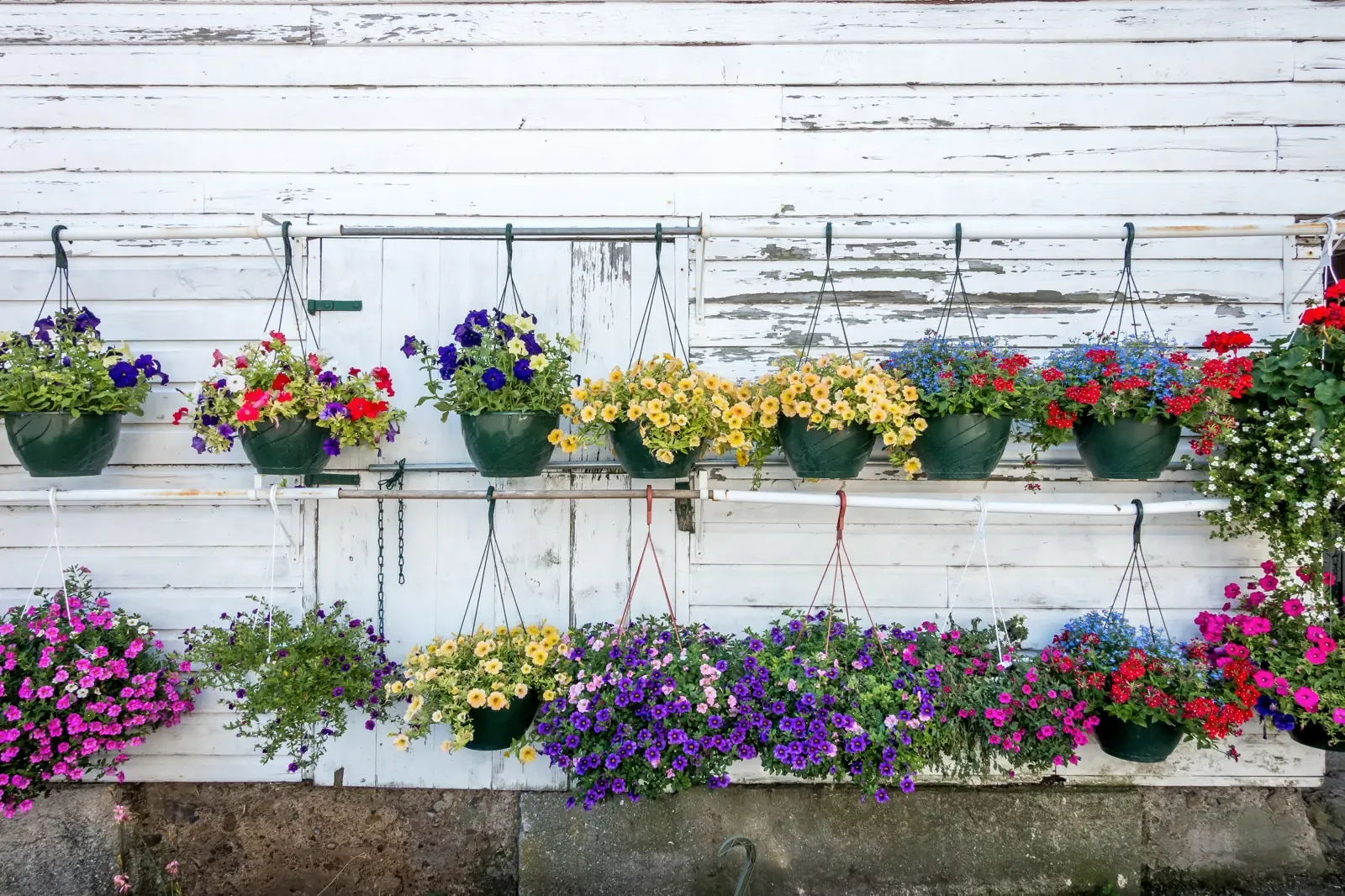If you’ve been gardening in Knoxville for a while, you’ve probably noticed that fungal diseases like powdery mildew and leaf spot tend to pop up when the weather shifts. Warm, humid conditions create the perfect environment for these plant problems, and if left unchecked, they can take a toll on your garden. But don’t worry—there are plenty of simple, effective ways to keep fungal diseases at bay and ensure your plants stay strong and beautiful.
What Causes Fungal Diseases?
Fungal spores are always floating around, just waiting for the right conditions to settle in and spread. Moisture, limited airflow, and crowded plants create the perfect storm for infections like:
- Powdery Mildew: You’ll recognize this one by its white, powdery coating on leaves and stems. It blocks sunlight, weakens plants, and can slow down growth.
- Leaf Spot: This shows up as dark or yellowing spots on leaves, sometimes causing them to drop prematurely. Over time, it can weaken the plant and make it more vulnerable to other stressors.
How Climate Changes Are Making Fungal Diseases More Common
With Knoxville experiencing more unpredictable weather—hotter summers, heavier rain, and high humidity—fungal spores are getting more opportunities to spread. That’s why being proactive in disease prevention is more important than ever.
Simple Ways to Protect Your Garden
- Keep Things Clean
- Clear out fallen leaves and plant debris where fungi like to hide.
- Sanitize your tools so you’re not unknowingly spreading disease between plants.
- Choose the Right Plants
- Some plant varieties are naturally resistant to fungal infections. If you’re buying new plants, look for disease-resistant options to give yourself an advantage.
- Let Your Plants Breathe
- Space them out so air can circulate, reducing humidity around the leaves.
- Trim crowded areas to improve airflow and light exposure.
- Water the Smart Way
- Water in the morning so leaves have time to dry before nightfall.
- Use drip irrigation or water at the base of plants instead of overhead to keep foliage dry.
- Mulch Thoughtfully
- Mulch helps regulate soil moisture and temperature, but avoid piling it up against plant stems—it can trap moisture and invite fungi.
Catching and Treating Fungal Issues Early
The earlier you catch a fungal infection, the easier it is to control. Keep an eye out for unusual spots, powdery coatings, or wilting leaves. If you do see signs of trouble:
- Trim the Problem Areas: Cut off and dispose of infected leaves (don’t compost them, or you’ll risk spreading spores!).
- Apply Natural or Chemical Treatments: Copper-based fungicides, neem oil, protectant and systemic can help slow the spread.
- Adjust Your Garden Setup: If plants are staying too damp for too long, tweak your watering schedule or improve airflow around them.
Seasonal Garden Care for Knoxville
- Spring: Give your plants a good start by spacing them properly and using mulch to help with moisture control.
- Summer: Keep an eye out for powdery mildew, especially as humidity rises. Preventive fungicides may be helpful.
- Fall: Rake up fallen leaves to prevent fungal spores from overwintering in your garden.
- Winter: Sanitize tools and plan your garden layout for next year to minimize disease risks.
Keep Your Garden Flourishing
A little prevention goes a long way when it comes to fungal diseases. By staying proactive, you can keep your plants happy, healthy, and thriving all year long.
If you need expert advice or are looking for disease-resistant plants, stop by Willow Ridge Garden Center & Landscaping in Oak Ridge, TN. Our team is here to help! Follow us on social media and subscribe to our newsletter for more gardening tips and seasonal advice.

